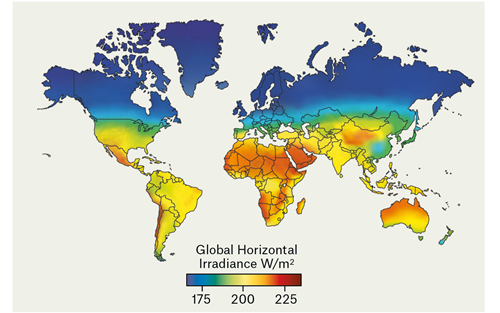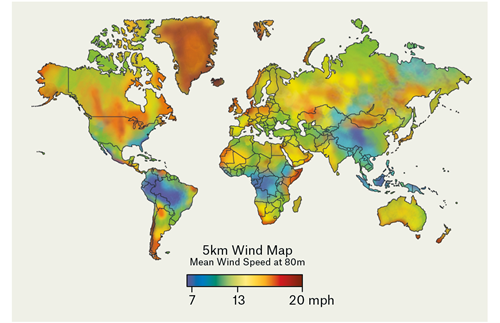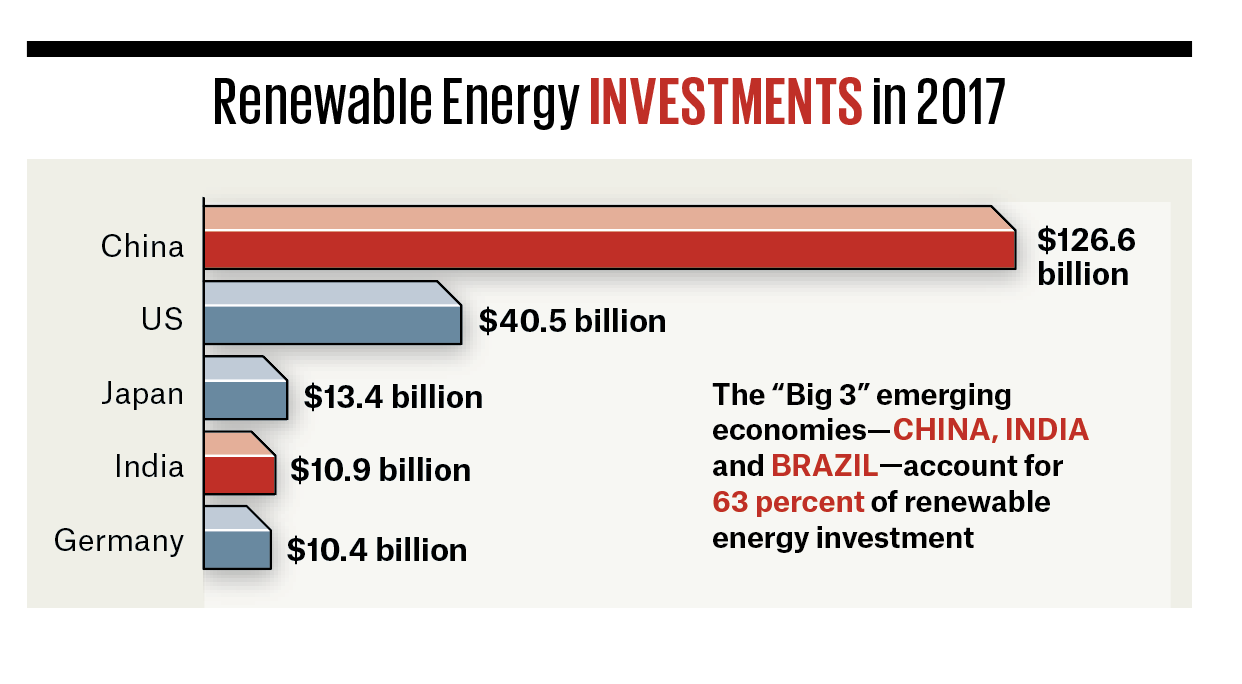Pascal Lamy, Brunswick’s Chair of Europe and former Director-General of the World Trade Organization, on the global energy dynamics.
For more than a century, the need for energy security has defined geopolitical relations, and the production and trade of fossil fuels has become deeply woven into the fabric of the global economy. The energy sources that power our modern world are undergoing a period of rapid change, and a transition is taking place—away from fossil fuels and toward renewables. As this transition accelerates, it will have significant geopolitical implications.



